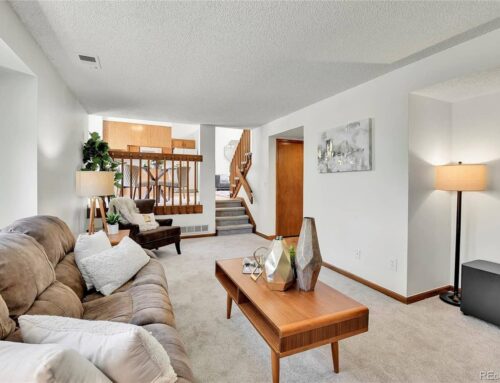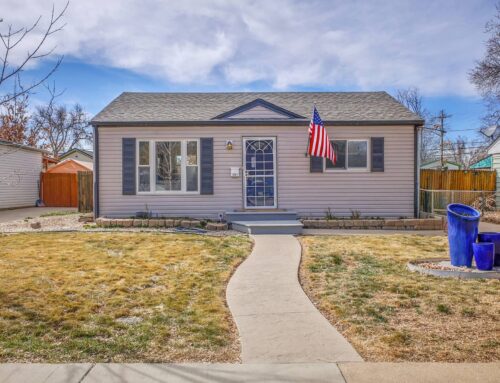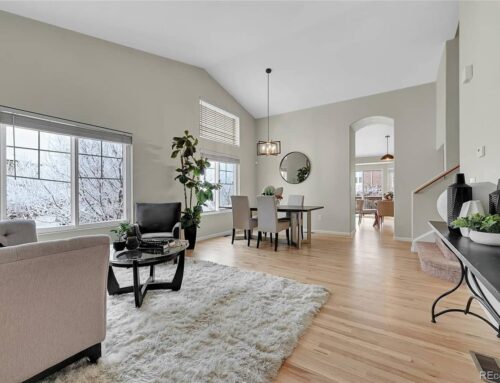Questions To Ask When Buying A House With Tenants
Are you considering buying a house with tenants? It can be an exciting and rewarding endeavor, but going in prepared is important. As a real estate lawyer with experience in tenant law, I recommend asking yourself—and the seller—some critical questions before signing on the dotted line. In this article, we’ll outline some of the most important things you should consider when purchasing a home that already has tenants.
Buying a property with existing renters means assuming certain legal obligations as soon as you become the landlord. You need to ensure that everything is above board from day one and that your rights are respected throughout the process. This means understanding exactly what kind of tenancy agreement is currently in place and being familiar with any applicable state or local laws governing rental properties.
Finally, consider how you’ll manage daily operations once the sale is finalized. From establishing communication protocols between yourself and tenants through rent collection methods and dispute resolution processes, there’s plenty for potential landlords to consider here too! By asking these essential questions now, you can help protect your investment and your relationship with tenants going forward.
Questions To Ask When Buying A House With Tenants
- What is the current lease agreement with the tenants, and when does it expire?
- Are the tenants current on their rent payments, or are there any outstanding balances?
- Have there been any issues with the tenants, such as complaints or disputes?
- What type of tenants are currently occupying the property, and are they likely to renew their lease?
- Are there any restrictions on the landlord’s ability to terminate the lease or raise the rent?
- What is the current market rent for the property, and how does it compare to the rent being paid by the tenants?
- Are the tenants responsible for any maintenance or repair costs, or are these expenses the responsibility of the landlord?
- What is the condition of the property, and will any repairs or renovations be necessary when the tenants move out?
- Are there any legal issues or disputes with the tenants that need to be resolved before the sale can be completed?
- What is the process for transferring the lease agreement to the new owner, and what steps need to be taken to ensure a smooth transition for the tenants?
Tenant History And Lease Terms
When purchasing a house with tenants, verifying their background information and reviewing the existing rental agreement is necessary. Inquire about how long they have lived in the dwelling and if any changes in rent or security deposits have occurred during this time. It’s also essential to determine the length of the current lease, whether there are payment plans for late payments, and what rates apply for renewals.
In addition, ask about potential violations or disputes between landlord and tenant that may affect your purchase. Make sure you understand all aspects of the security deposit requirements, such as who holds these funds and under what conditions can part or all be withheld from return to tenants upon move-out. With a thorough understanding of these components of a successful tenancy, you will be better equipped to proceed responsibly when buying a house with tenants already in place. This knowledge serves as the foundation for addressing maintenance and repair responsibilities within your rental property management plan.
Maintenance And Repair Responsibilities
Any agreement between the two parties must include an explicit description of what maintenance tasks fall under the responsibility of each party. This can be further detailed in a separate maintenance agreement written into the tenancy contract. Landlord obligations typically include repairs needed due to damage or neglect caused by wear and tear over time and maintaining common areas such as hallways and stairwells. Tenants are generally responsible for their repairs, including those related to appliances they provide themselves. In some cases, landlords may also agree to pay for certain minor repairs requested by tenants within a reasonable timeframe. While both tenant and landlord have specific duties regarding upkeep and repair, local laws and regulations should always be considered before binding agreements are made.
Local Laws And Regulations
Ironically, the laws governing landlords and tenants often benefit one side while disadvantaging the other. Both buyers and sellers of a home with tenants need to be aware of all relevant local rental laws, eviction rules, tenant rights, landlord responsibilities, and housing ordinances before entering into any agreement.
- Landlords:
- Must remain compliant with applicable property codes
- Should provide timely notice if changing terms of lease/rent agreement
- Tenants:
- Have certain protections from arbitrary evictions or rent increases
- Are entitled to safe living conditions in accordance with state regulations
Anyone considering buying or selling a house with existing tenants must understand their obligations under the law. With such knowledge, disputes can arise quickly and save time and money to resolve. When protecting your investment, being knowledgeable about local laws is key. With this understanding comes peace of mind when making decisions regarding a house purchase involving existing renters.
Financial Considerations
When buying a house with tenants, it is important to consider the financial implications of such an acquisition. It’s essential to understand if there are any mortgage payments left on the property and what the down payment would be to secure it. In addition, you should also inquire about rental income that may come from existing tenants as well as potential future renters. Closing costs associated with the purchase must be taken into account, along with insurance costs for both the building and its inhabitants. Ultimately, these factors will help determine whether or not this is a viable investment opportunity.
Conclusion: Questions To Ask When Buying A House With Tenants
It’s no secret that buying a house with tenants can be tricky. As a potential buyer, you must consider many factors before undertaking such an endeavor. From tenant history and lease terms to financial considerations, asking the right questions is essential when making this kind of commitment. Once all your research is done, you’ll have enough information to decide whether or not buying a rental property is right for me.
As a Colorado real estate agent who has worked with both current landlords and prospective buyers in these types of transactions, I’m here to remind everyone involved that due diligence is key! Taking the time to assess each aspect of the deal thoroughly will help ensure that all parties are satisfied with the outcome. Numerous legal issues may be at play; being aware of local laws and regulations regarding renting properties should always come first!
Finally, don’t forget that communication between buyers, sellers, and tenants is the most important thing. Keeping open lines of dialogue throughout the process will go a long way toward ensuring everyone gets what they need from the transaction. Buying a rental property isn’t easy, but by asking all the necessary questions up front, we’ll find success together!







